Offering counselling & support in a young person-centred way . . . .
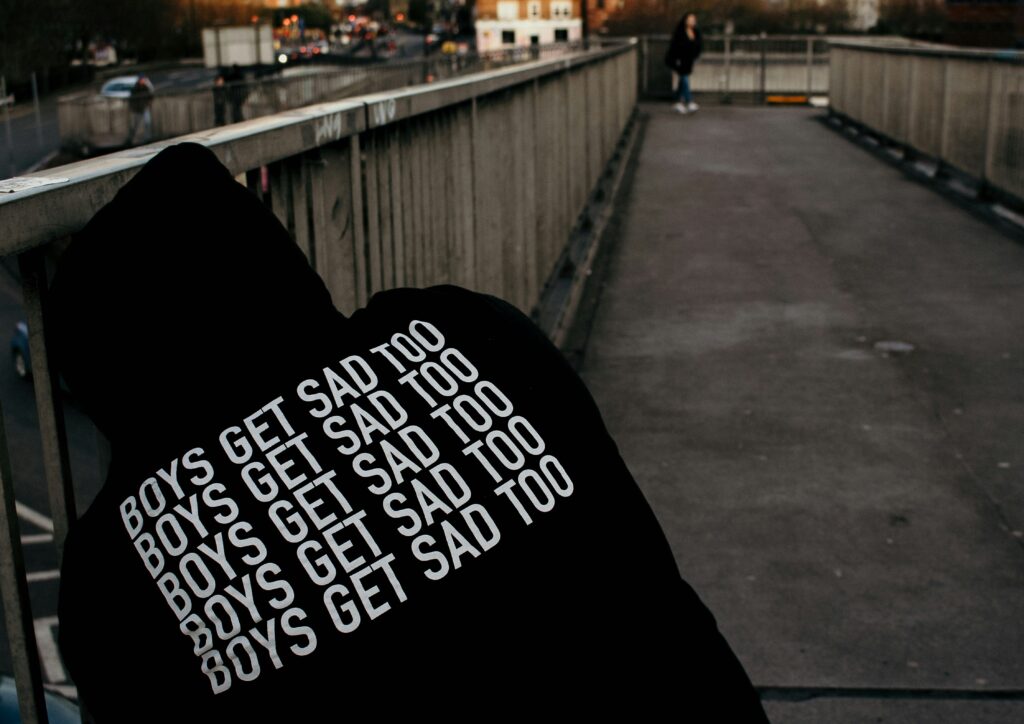
It can be a scary, awkward process going to meet a counsellor who you hope might help you, but you may not know how it will go or what you want to talk about. I like to offer an initial appointment to allow you to meet me and see if I seem like someone you might like to try working with.
People only seriously consider change when they feel accepted for exactly who they are.
Carl Rogers
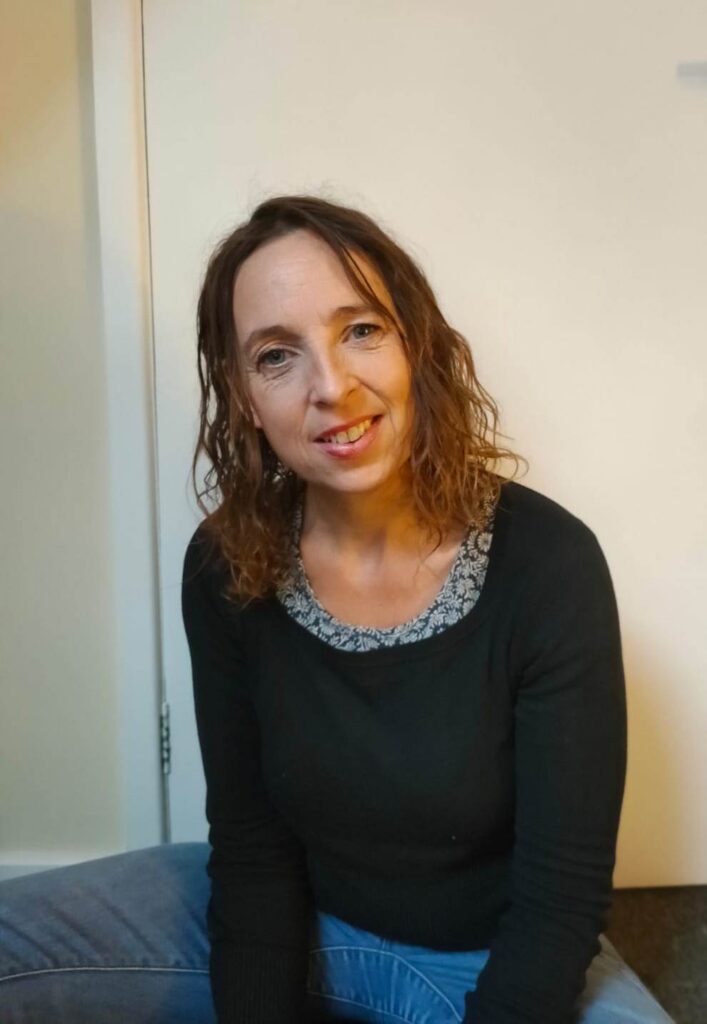
I try to make this beginning as comfortable as possible and we only agree to work together after that if you want to. You might like to bring something or somebody with you that might help express what is troubling you.
We will begin to understand how things are difficult for you & what you might like help with.
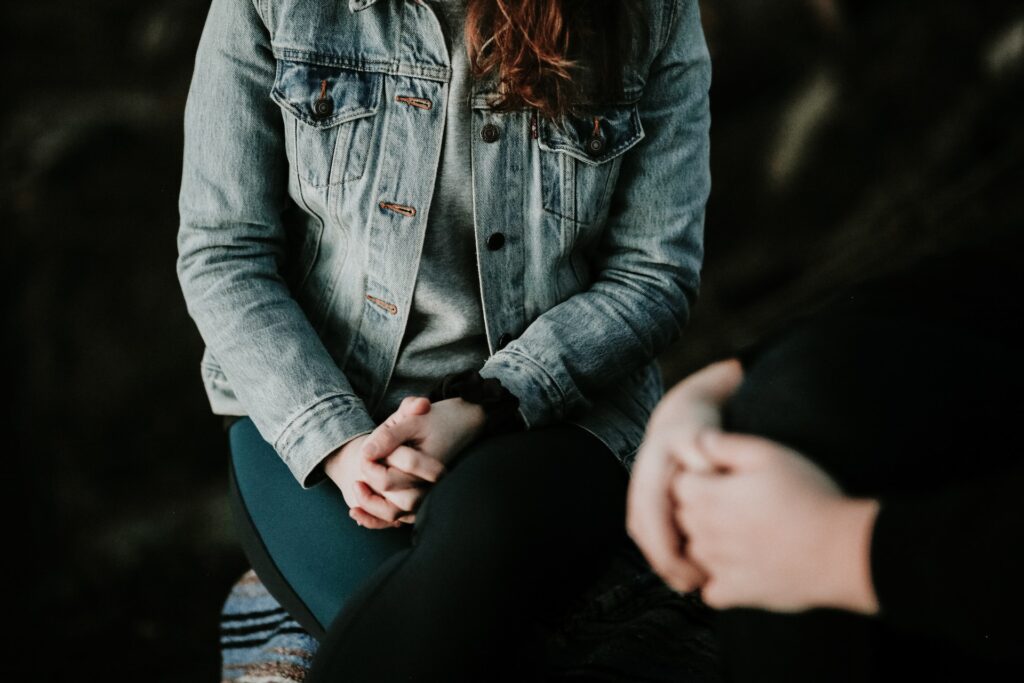
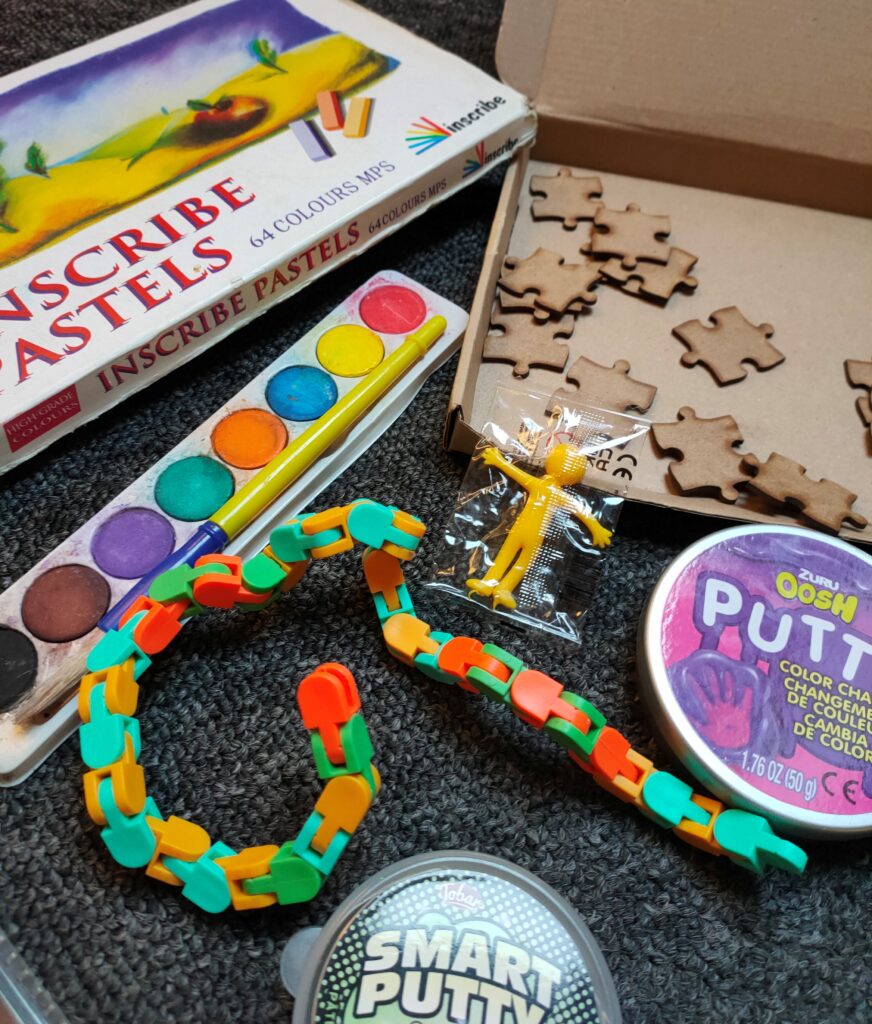
We don’t have to just sit and talk in sessions. Some people who come might use something to play with or focus on rather than explain things. You might prefer to be asked questions or have a game or task to do while we sit and get used to coming to counselling. I like to shape the way I work into what feels comfortable for you. Usually we find some way of being together that will help you to feel better or different.
You only have to attend for as long as you want to ! Sometimes people like to take a break from coming, for example in school holidays. You can choose what is right for you. The therapist will help look at whether you think it is helping and if you feel it is worth coming.
Confidentiality ~ Once the counselling has begun, it is confidential between you and the counsellor. That means the therapist will not share information about the counselling with your family/parents/teachers unless you want them to. The only time a counsellor may have to share information is if there is a real possibility you or someone else is at risk of being seriously harmed. The counsellor will always talk to you about this if that needs to happen.
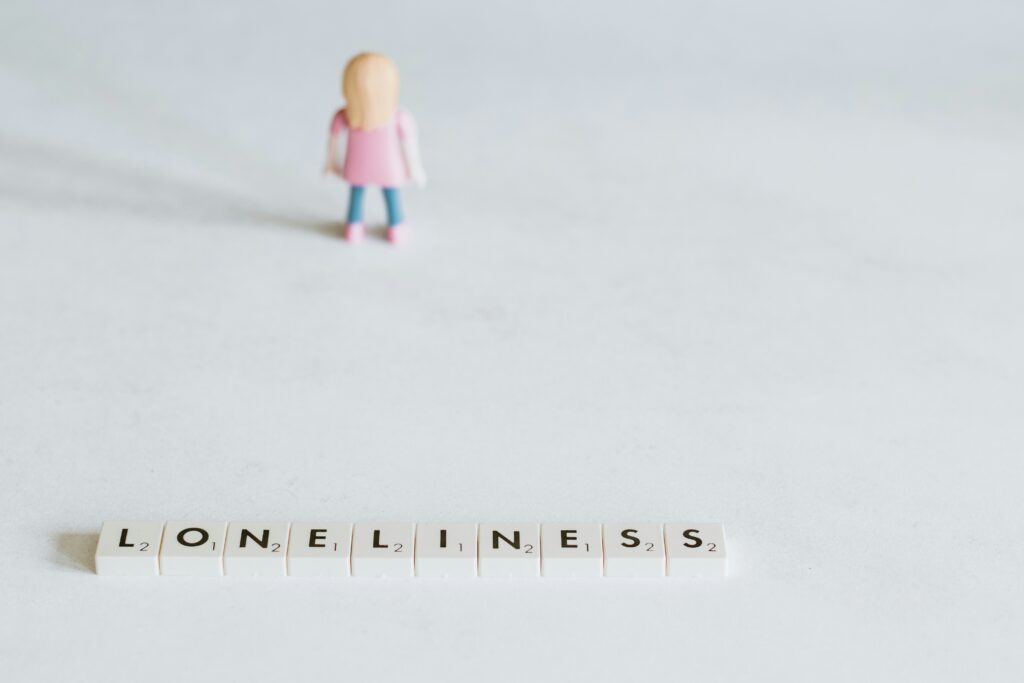
What will it be like . . . ?
It is often useful if the person referring you comes to some of this first appointment. A parent or person referring you can then meet the therapist themselves at the beginning & help you agree on a contract if you want to come back for more appointments.
They may be able to help support you to describe what is happening for you if you can’t do this yourself.
Some young people really don’t want a parent in the room or involved more than they need to be which is ok too. The therapist can speak to your parent separately if you prefer.
Counselling is a gradual process, which can take time, though most young people do not want to attend too long.
We usually meet until you feel either better or different or we think together that now something else may help you more. We always try to agree on an ending when it is right for you.
Sometimes you might like some information that has been highlighted by coming to counselling, explained or shared with a parent or school for example, because that would be useful to you. This is would only happen if you agree this would be helpful.
How can counselling help . . . ?
- Feeling understood as an individual in your own right.
- Enables thoughts and feelings to be expressed.
- Having their emotions and thought processes acknowledged and normalised, enables young people to understand themselves better.
- Feeling heard and cared for reduces loneliness and uncertainty.
- The special relationship between counsellor and young person is a respectful, supportive, non-judgemental one that promotes confidence and autonomy.
- It creates a space where a young person can consider how they would like things to be different, either in themselves or in their own experience.
- By exploring their experiences in an empathic manner, young people can be helped to take responsibility for their own behaviour.
- Counselling can support a young person to make changes either in the way they relate to themselves or in their external circumstances.
- Improved Communication & relationships with others at home and school.
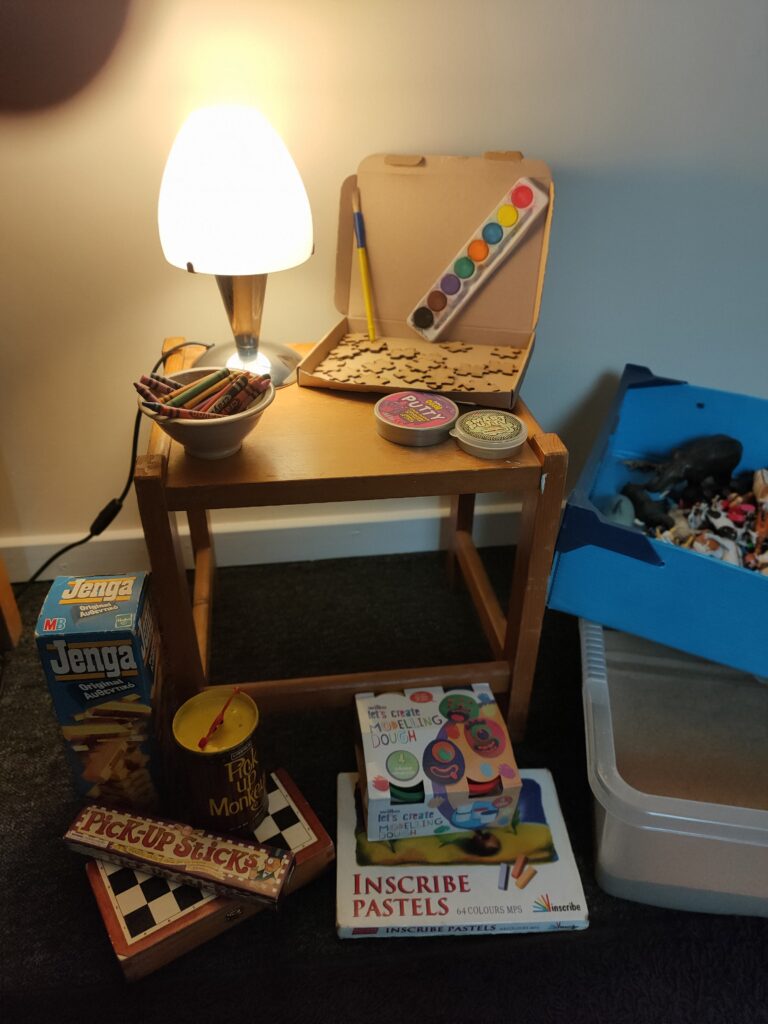
Issues that young people attend with include :
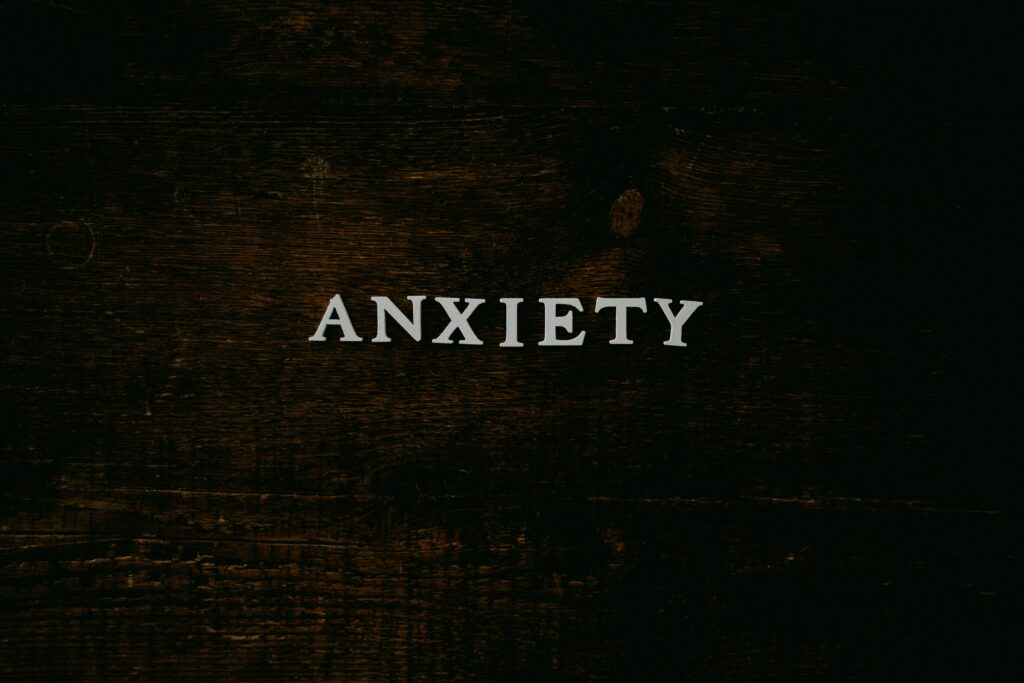
- Problems at home, struggling with family relationships
- Difficulties feeling understood
- Managing stress
- Feeling overwhelmed
- Panic
- Bullying
- Self confidence & Self Image
- Struggles at school or with friends
- Feeling sad or confused by thoughts
- Self Harm
- Feeling sad
- Identity issues
- Exam or performance worries
Testimonials

Very helpful in changing my view on things and the way I think.
– Young person 14+
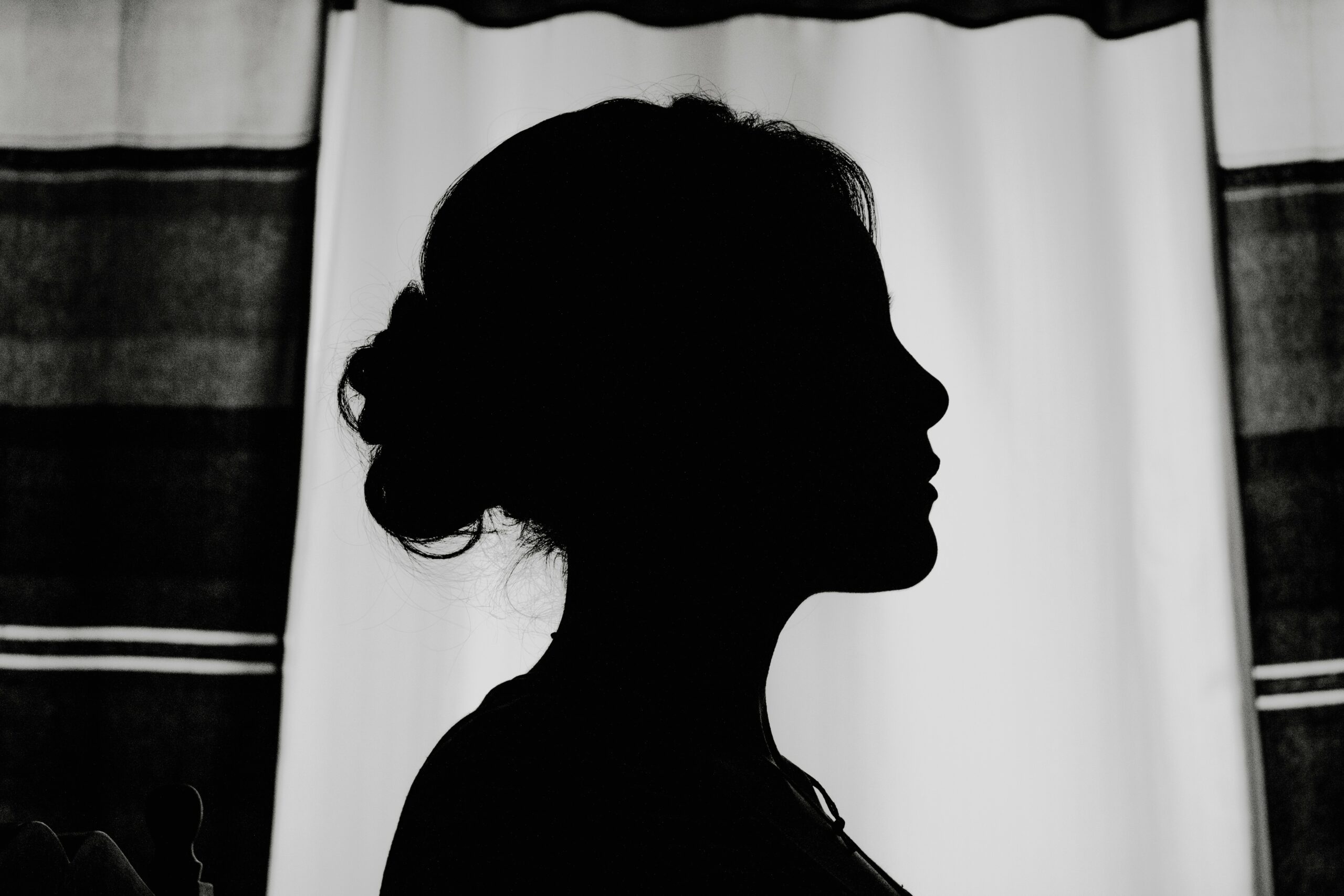
Having a safe time/space is excellent for your own mental health. I would recommend to anyone whether struggling or not.
– Young person 17+

Very good service and now I feel able to cope. Thank you!
– Young person aged 15